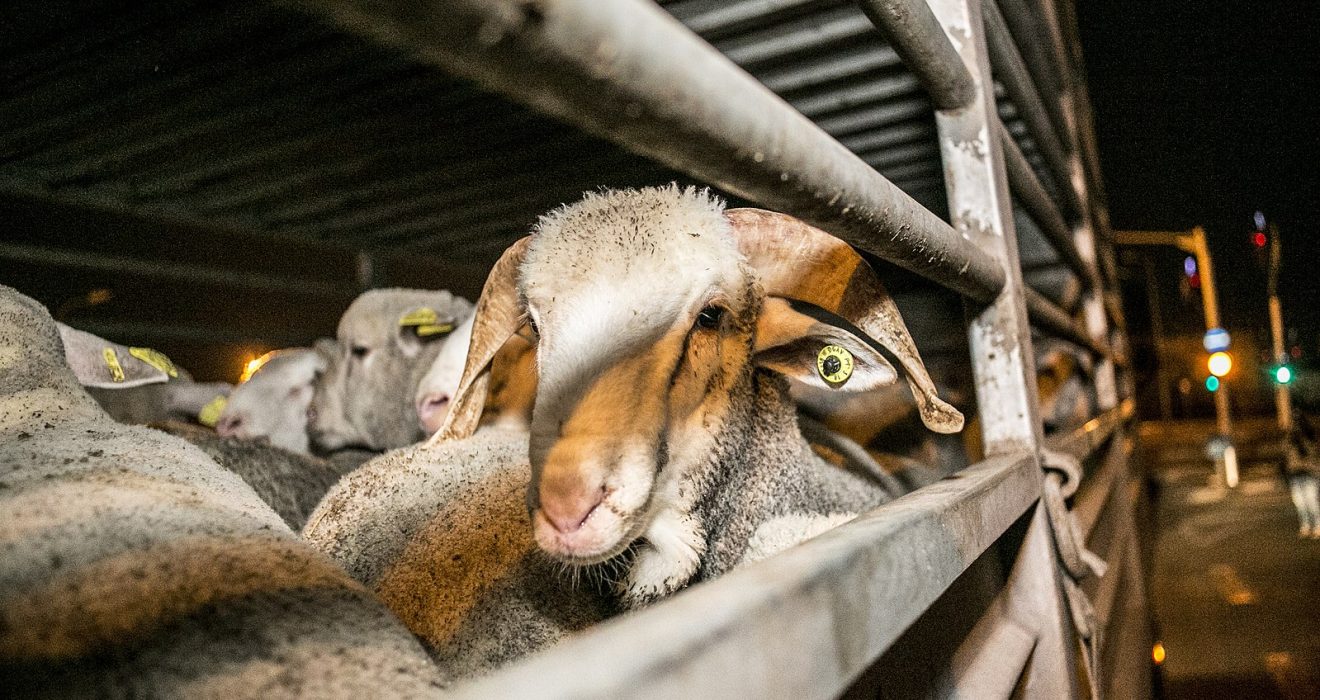The pursuit of justice through legal action against the European Commission stands as a watershed moment in the campaign to alleviate the plight of caged animals. Spearheaded by the End the Cage Age Citizens’ Committee, this decisive move reflects a resolute dedication to ensuring accountability for the Commission’s lapse in fulfilling its pledge to outlaw caged animal farming. By leveraging legal channels, advocates are signaling a firm stance against institutional inaction and advocating for tangible progress towards ending the suffering of millions of animals confined in cages across the EU. This courageous endeavor not only amplifies the voices of concerned citizens but also underscores the imperative of upholding ethical standards in agricultural practices. As the legal battle unfolds, it serves as a potent reminder of the collective responsibility to safeguard animal welfare and uphold the principles of compassion and justice in policymaking. In this pivotal juncture, the pursuit of justice becomes synonymous with the relentless pursuit of a more humane and equitable future for all living beings.
The Broken Promise: European Commission’s Failure to Act
The European Commission’s failure to fulfill its commitment to propose legislation banning caged animal farming by the end of 2023 represents a significant betrayal of trust. Despite explicit assurances made in 2021, the Commission’s inability to meet this deadline has not gone unnoticed. This breach of trust has ignited a groundswell of concern among citizens who had placed their faith in the Commission’s promise to prioritize animal welfare.
In response to this dereliction of duty, concerned citizens have mobilized, recognizing the need for decisive action to hold the Commission accountable. The launch of a landmark legal case, generously funded by Compassion in World Farming, signifies a pivotal moment in the fight against caged animal farming. This legal challenge serves as a powerful reminder that the Commission must be held to account for its failures, particularly when it comes to matters as crucial as animal welfare.
In the face of bureaucratic inertia, it falls upon vigilant citizens and advocacy groups to demand accountability and push for meaningful change. The pursuit of justice through legal channels is a testament to the unwavering commitment to safeguarding the well-being of animals and ensuring that promises made by governing bodies are honored.
Grassroots Movement: From ECI to Legal Action
The journey towards justice commenced with the remarkable triumph of the ‘End the Cage Age’ European Citizens’ Initiative (ECI), which rallied the support of over 1.4 million EU citizens alongside a coalition of 170 NGOs. This groundswell of public support stands as a testament to the potency of grassroots activism in influencing EU policy.
The ‘End the Cage Age’ initiative resonated deeply with citizens across the European Union, striking a chord with individuals who were deeply concerned about the welfare of animals trapped in cages. Through tireless advocacy efforts and widespread mobilization, ordinary citizens joined forces with NGOs to amplify their collective voice and demand meaningful change.
The success of the ECI underscores the power of grassroots movements to effectuate tangible progress on pressing societal issues. By harnessing the strength of community-driven activism, advocates were able to galvanize public support and compel policymakers to take action on the issue of caged animal farming.
From the initial rallying cry of the ECI to the subsequent initiation of legal action, this grassroots movement continues to serve as a potent force for driving positive change and advancing the cause of animal welfare within the European Union.
Public Opinion and Scientific Consensus
A staggering 89% of EU citizens, as revealed by the Commission’s own Eurobarometer survey, oppose the confinement of animals in cages. Furthermore, the recommendations of the European Food Safety Authority further affirm the urgency of phasing out cages on welfare grounds.
Political Interference: Pressure from Special Interests
Despite the widespread support for a cages ban, political inertia has stymied progress. Pressure from the agricultural lobby, as evidenced by correspondence between European Commission President Ursula von der Leyen and farming federations, has derailed efforts to prioritize animal welfare.
Environmental and Economic Imperatives: Beyond Animal Welfare
The ban on caged animal farming aligns with the Commission’s Farm to Fork strategy, offering not only moral imperatives but also environmental and socio-economic benefits. Studies indicate that transitioning to cage-free systems would enhance sustainability and create a level playing field within the EU market.
Upholding Democracy: Protecting Citizens’ Rights and Animal Welfare
The decision to pursue legal action is rooted in a steadfast commitment to uphold democratic principles and safeguard the welfare of millions of voiceless animals. By challenging the Commission’s inaction, advocates seek to ensure that every cage becomes empty, signaling an end to the Cage Age.
In conclusion, the quest for justice extends beyond legal proceedings—it embodies a collective determination to confront systemic injustices and build a more humane and equitable future for both animals and citizens alike.

